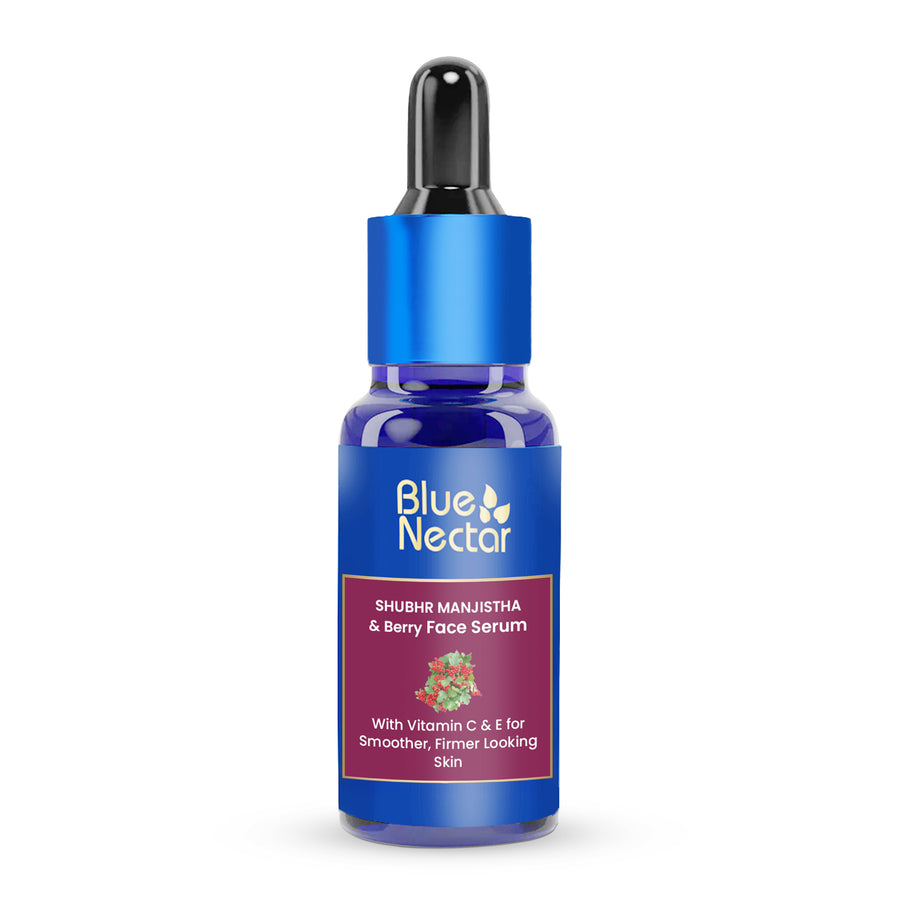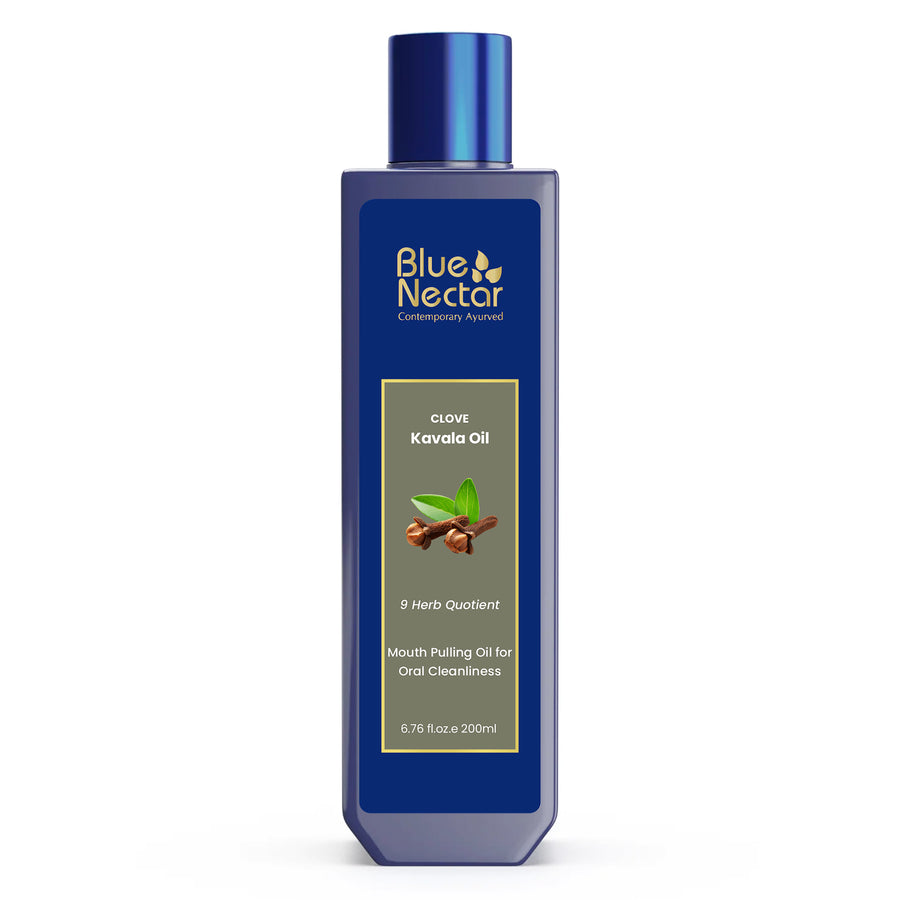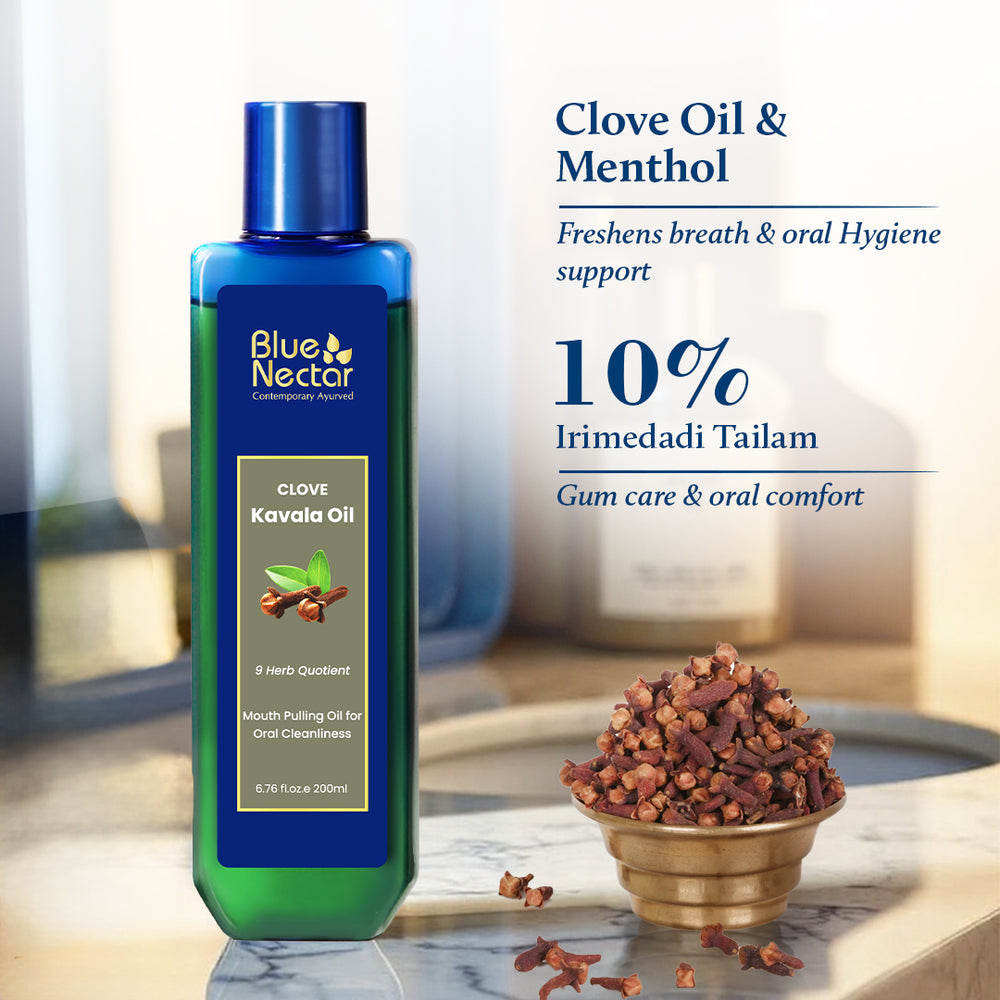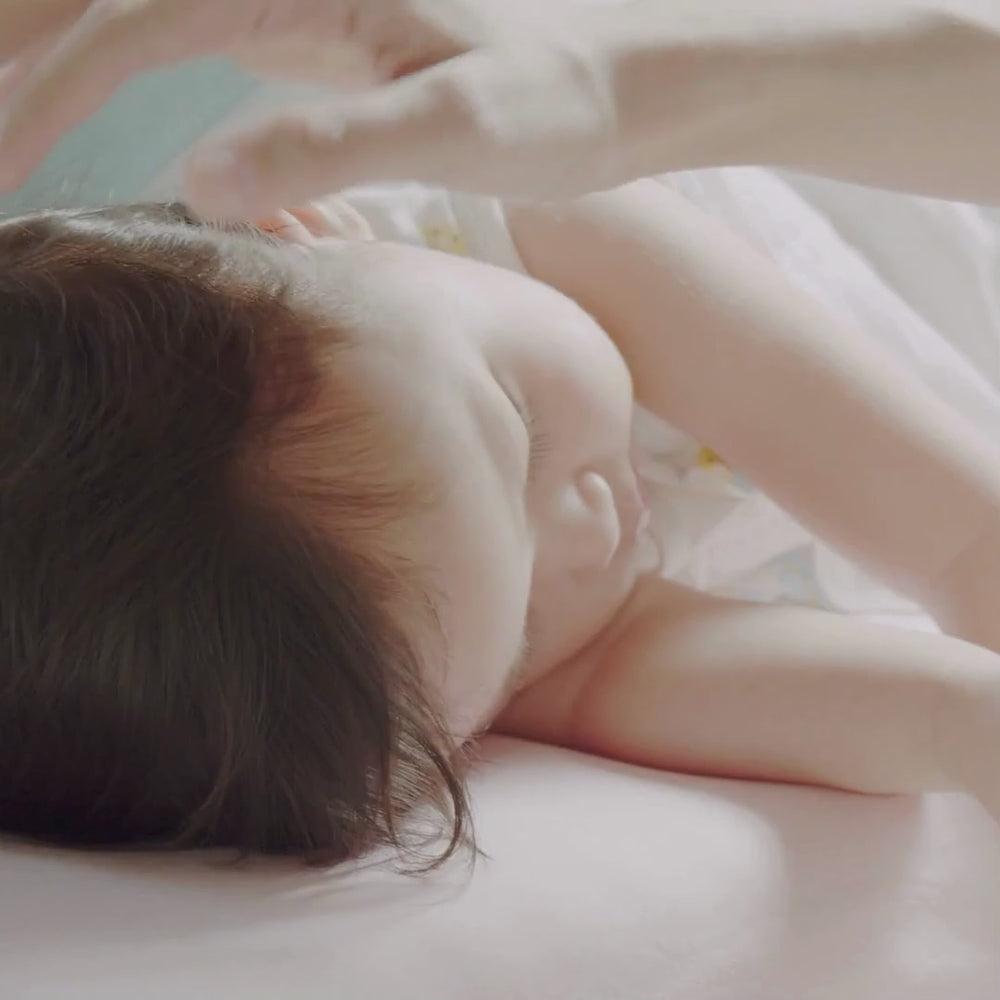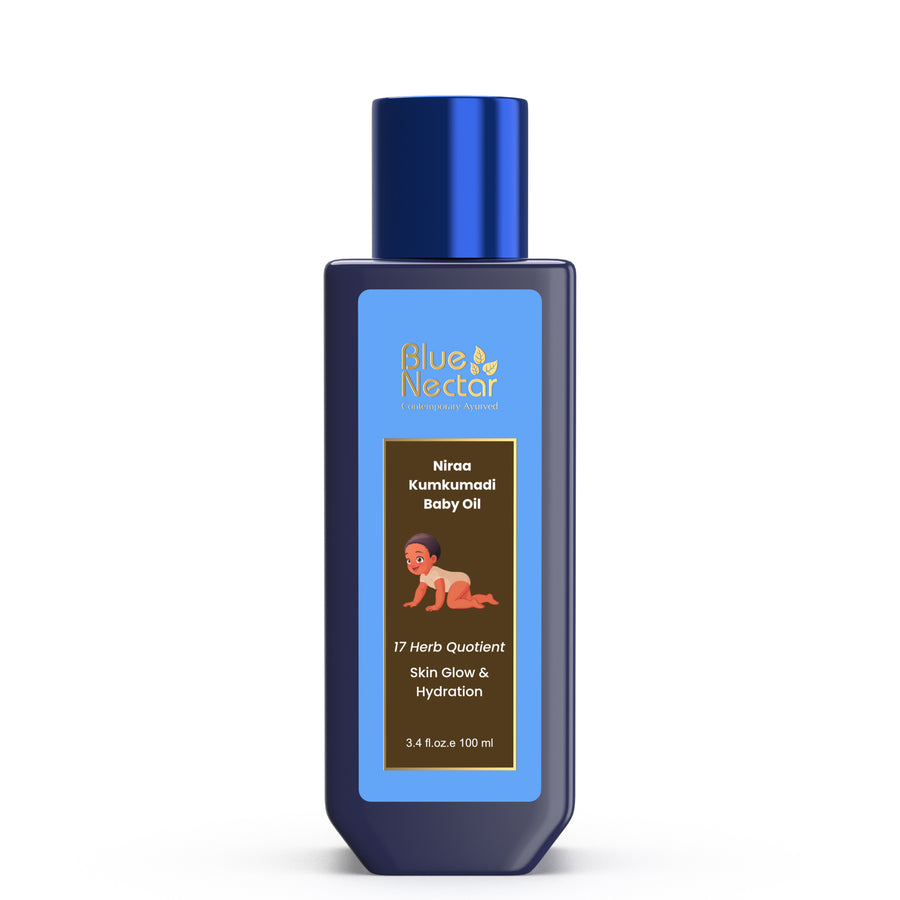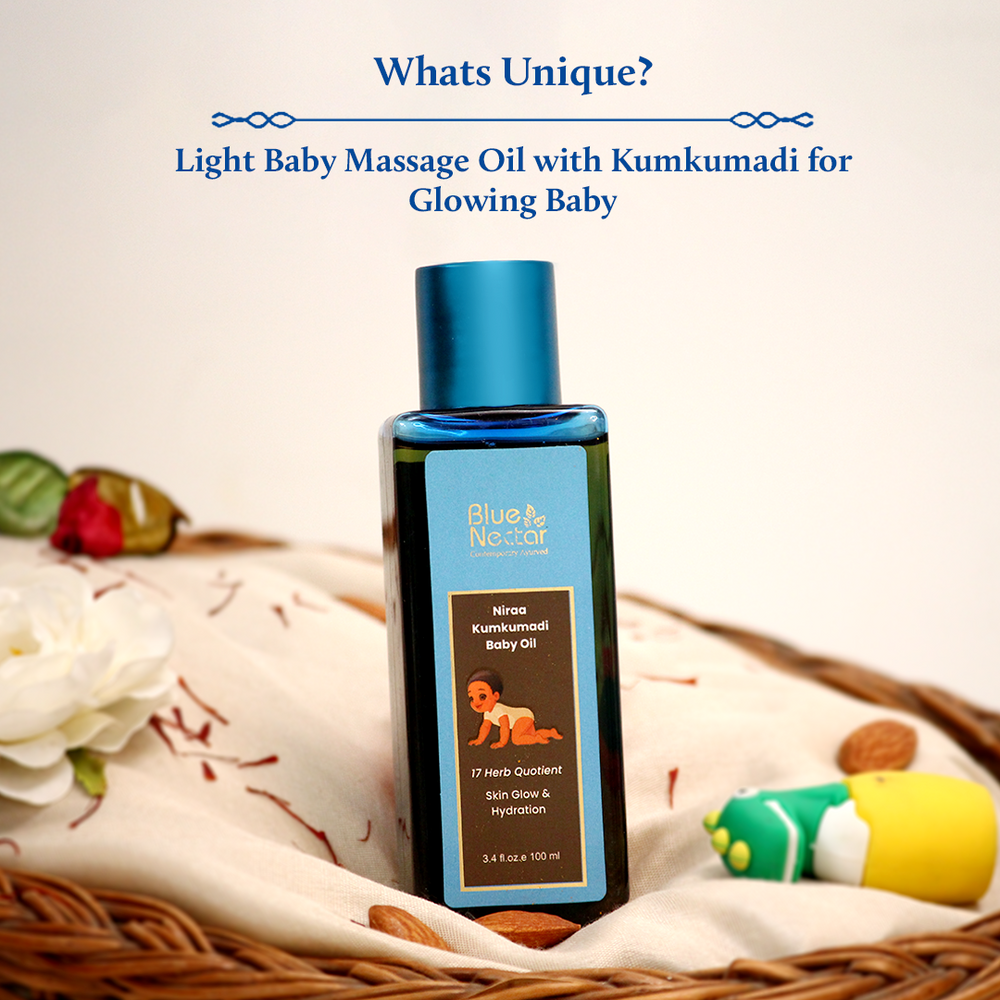FAQ
1. Which is the best moisturizer for infant skin?
The ideal moisturizer for infant skin is mild, fragrance-free, and contains natural ingredients such as shea butter, coconut oil, or aloe vera. It should keep the baby's delicate skin smooth and hydrated while avoiding irritation.
2. At what age should a baby be moisturized ?
You can begin moisturizing your newborn after some time of birth, especially if their skin feels dry. After each bath, apply a moderate, hypoallergenic lotion to seal in moisture.
3. Does baby oil whiten skin?
Not exactly, but blue nectar baby oil nurture, hydrate, and protect newborns' delicate skin, preserving its softness and radiance.
4. What is the three-minute rule for moisturizer ?
The 3-minute rule states that you should apply moisturizer within three minutes of taking a bath. This helps to trap any remaining water on the skin, keeping it hydrated for longer.
5. How do you identify a baby's hair type?
When your baby's hair begins to develop, pay attention to its texture: fine, wavy, curly, or straight. By the age of 6-12 months, the hair pattern typically becomes more distinct.
6. Is baby hair oil safe for newborns?
Yes, soft, natural infant hair oils containing coconut, almond, or sesame oil are suitable for newborns. Always conduct a patch test and avoid highly perfumed or mineral-based oils.
7. At what age may I begin applying hair oil on my child?
Once the baby's scalp and umbilical cord have healed, you can start using mild, natural oils. Massage gently two to three times per week.
8. What causes delayed development in infant hair?
Genetics, nutritional variables, and natural hair cycles all contribute to slow newborn hair growth. Most babies have uneven hair development in their first year, which normally evens out with time.
9. What happens if you don't wash the baby's hair?
If you don't wash your baby's hair for a long time, natural oils, dead skin cells, and dust can accumulate on the scalp, causing flakes, cradle cap, or minor irritation. Gentle cleansing with a gentle, natural baby shampoo or a few drops of Ayurvedic baby hair oil, followed by a gently wipe, promotes scalp hygiene and balance.
10. What vitamin deficiency causes cradle cap?
Cradle cap is not commonly caused by a lack of vitamins, but in rare circumstances, low levels of Vitamin B6 (pyridoxine), Biotin, or Zinc may lead to dry, flaky scalp problems. A well-balanced diet (for breastfeeding mothers or older babies) and consistent use of nourishing baby hair oil enriched with natural vitamins might help prevent it.
Related Searches: Baby Body Oil with Ghee, Baby Hair Growth Oil, Baby Hair Oil & Baby Body Massage Oil
Related Articles: Baby Hair Oil: A Gentle Guide, Baby Oil Massage and Its Importance: The Indian Perspective
Combo Products: Baby Oil for Baby Massage and Baby Ayurvedic Hair Oil with Ghee and Almond
Top Categories: Baby Cream & Lotions, Baby Hair & Massage Oil, Baby Body Wash & Shampoo, Baby's Healthy Bones & Muscles, Baby Dry & Sensitive Skin
Blue Nectar Baby Hair & Massage Oil Products Price List in India
| Ayurvedic Baby Hair & Massage Oil Range Products List | MRP |
|---|---|
| Baby Hair Oil with Ghee for Nourishment and Baby Hair Growth (18 Herbs) 100ML | Rs 645 |
| Baby Hair Oil with Ghee for Nourishment and Baby Hair Growth (18 Herbs) 200ML | Rs 945 |
| Kumkumadi Baby Body Oil with Organic Ghee for Glowing Skin (17 herbs) 100ML | Rs 645 |
| Kumkumadi Baby Body Oil with Organic Ghee for Glowing Skin (17 herbs) 200ML | Rs 995 |
| Baby Oil for Baby Massage and Baby Ayurvedic Hair Oil with Ghee and Almond | Rs 1290 |


